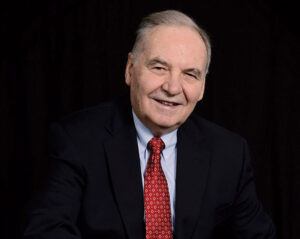Being Honest In Evil…
I learned by chance of the 2019 death of a eminent evangelical theologian. I am often surprised by what google comes up with.

I met Geisler twice. I recall spending a few minutes in his office when considering whether to enroll at Trinity Evangelical Divinity School. Some years later, Norman Geisler was a guest presenter at one of the philosophy discussion groups. The detail of his story-proposition (and that is what all philosophy amounts to) was met with a confused silence by everyone seated around the table. Geisler said that we just did not like his argument, that is, the awkward absence of response proved that the quality of his “argument” had silenced us. I cannot remember how I felt at the time. If I could turn back time, I hope the pugnacious challenge would not have bothered me, at all.
Here is what Geisler believed, and what “evangelicals” continue to believe.
1) Truth about reality is knowable
2) The opposite of true is false
3) It is true that a theistic God exists
4) If God exists then miracles are possible
5) A miracle confirms a message from God
6) The New Testament is historically reliable
7) The New Testament says Jesus claimed to be God
8) Jesus’ claim to be God was miraculously confirmed
9) Jesus is God
10) Whatever Jesus teaches is true
11) Jesus taught that the Bible is the Word of God
12) Therefore, the Bible is the Word of God
To conclude today’s post, this is what Nietzsche had to say:
…this life which shouts at everyone of us:
“Be a man and do not follow me –but yourself! But yourself!”
…”That passion is better than Stoicism and hypocrisy,
that being honest in evil is still better
than losing oneself to the morality of tradition.
That a free human being can be good as well as evil,
but that the unfree human being
is a blemish upon nature
and has no share in any heavenly or earthly comfort;
finally, that everyone who wishes to become free
must become free
through his own endeavor,
and that freedom does not fall into any man’s lap as a miraculous gift”
–excerpt The Gay Science, Book 2, Section 99 by Friedrich Nietzsche